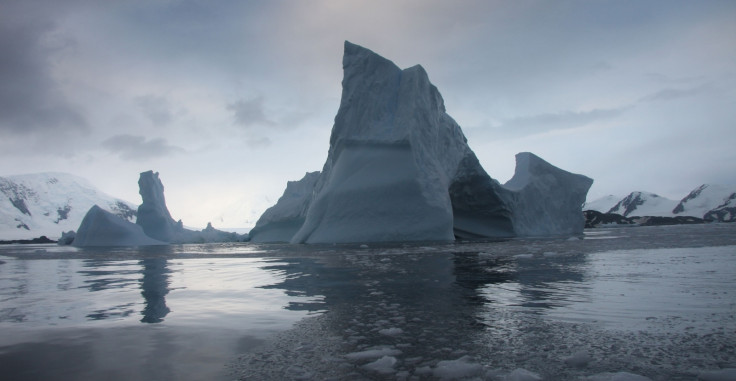Nasa warns 10,000-year-old Antarctic ice shelf Larsen B will 'disappear by 2020'

A 10,000 year-old ice shelf in Antarctica will break up into hundreds of icebergs before vanishing completely by 2020, potentially increasing the rate by which sea levels rise, according to a new report published by Nasa.
The Larsen B ice shelf measured 4,445 square miles (m sq) in January 1995, but rapidly disintegrated in February 2002 to 2,573m sq. Just six weeks later it was down to 1,337m sq due to a particularly warm Antarctic summer and now measures just 618m sq (1,600km sq).
Courtesy of fossil fuels!: It's the final act for Larsen B Ice Shelf http://t.co/dNn8gZhiA7 pic.twitter.com/hpCP7XnTWD
— Christopher Wright (@ChristopherWr11) May 15, 2015Scientists from Nasa's Jet Propulsion Laboratory in Pasadena, California measured the health of Larsen B using ice surface elevations and bedrock depths from aircraft carrying special instruments as part of Operation Ice Bridge.
Ice shelves float between glaciers and the ocean, creating a natural barrier which partially protects the ice river. If the ice shelf deteriorates there is nothing to protect the glacier from the ocean, meaning it can be broken up more quickly which in turn contributes to rising sea levels.
"These are warning signs that the remnant [of Larsen B] is disintegrating," said Nasa's Ala Khazendar in a press release. "Although it's fascinating scientifically to have a front-row seat to watch the ice shelf becoming unstable and breaking up, it's bad news for our planet."
"What is really surprising about Larsen B is how quickly the changes are taking place," he added. "Change has been relentless."
The temperature at the Larsen B ice shelf is not increasing. Why are @CNN and @EricHolthaus spreading BS about this? pic.twitter.com/cDIuVvvRRh
— Steve Goddard (@SteveSGoddard) May 17, 2015Larsen A disappeared in 1995 and scientists believe if Larsen B goes Larsen C could be next. If it does disappear global sea levels worldwide could rise by as much as one foot (30cm).
However, scientists are more concerned about what would happen if the much larger Ross Ice Shelf and Filchner-Ronne Ice Shelf melted. Both are thought to be currently stable but if they did melt, global sea levels could rise by as much as 30ft (10m).
"[Larsen B's] importance is that it shows what will happen to the huge glaciers farther south once their ice shelves break up to the point of no return," says Khazendar's co-author Eric Rignot.
© Copyright IBTimes 2025. All rights reserved.






















